Analizzare e ottimizzare il layout di uno spazio fisico.
- Metodologie: Clienti e marketing, Economia, Lean Sigma, Produzione, Gestione del progetto, Qualità
Analisi del layout
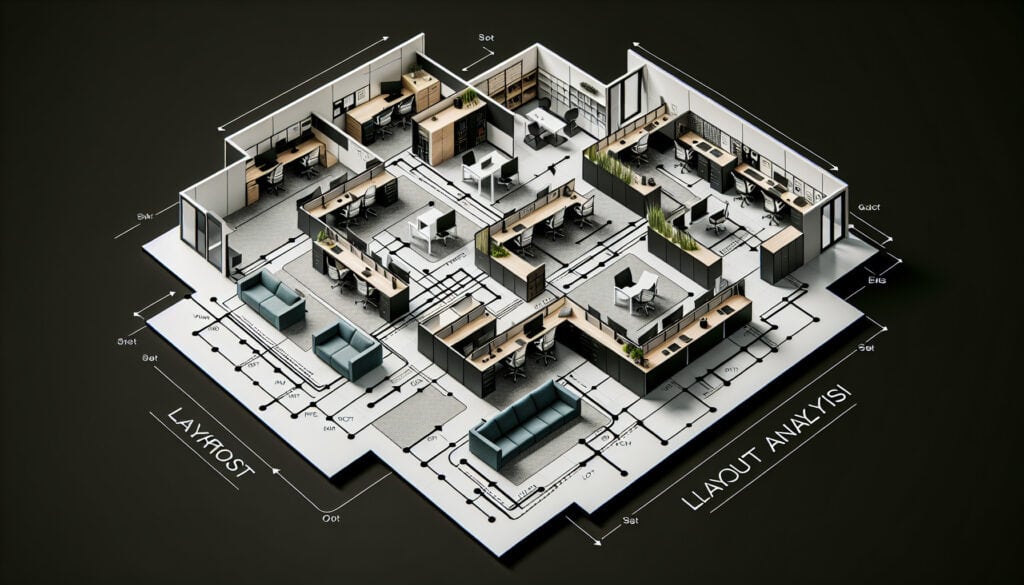
Analisi del layout
- Miglioramento continuo, Progettazione per la produzione (DfM), Efficienza, Ergonomia, Produzione snella, Ottimizzazione del processo, Produttività, Simulazione
Obiettivo:
Come si usa:
- The process of analyzing the layout of a physical space, such as a factory floor or an office, to improve efficiency, safety, and productivity. It often involves using tools like flow diagrams and simulation to model the movement of people and materials.
Professionisti
- Can improve efficiency and reduce costs; Can improve safety and ergonomics.
Contro
- Can be time-consuming and complex to perform; May require specialized software and expertise.
Categorie:
- Ergonomia, Produzione
Ideale per:
- Optimizing the layout of a factory floor or an office to improve efficiency and safety.
Layout Analysis serves as a strategic approach in various industries, including manufacturing, warehousing, healthcare, and office environments, where optimizing spatial arrangements can lead to enhanced workflows and better resource utilization. In the context of a factory floor, this methodology is typically employed during the design or re-evaluation phase, where engineers and operations managers collaborate to assess current layouts using tools like process flow diagrams. By modeling the movement of materials and personnel, bottlenecks can be identified and addressed, decreasing cycle times and minimizing waste. In offices, layout analysis can be conducted to enhance collaboration and productivity by arranging workstations and meeting areas to promote effective communication among teams. Participants may include facility planners, ergonomics experts, and safety officers who work together to ensure the space meets both operational needs and workplace safety regulations. Hospitals often utilize layout analysis to optimize patient flow, reduce wait times, and enhance the overall care experience, which can lead to better health outcomes. Using simulation tools allows stakeholders to experiment with different configurations virtually, leading to data-driven decisions that can significantly decrease costs associated with downtime and safety incidents while improving employee morale through ergonomically friendly designs. Implementing effective layout analysis fosters an environment conducive to continuous improvement, contributing to long-term operational success.
Fasi chiave di questa metodologia
- Identify critical workflows and processes within the space.
- Map current layout using flow diagrams to visualize movement patterns.
- Analyze circulation paths for efficiency, safety, and ergonomics.
- Identify bottlenecks or obstacles that impact workflow.
- Evaluate space utilization and storage efficiency.
- Engage simulation tools to model proposed layout changes.
- Test layout alternatives through simulations to assess impact.
- Refine layout options based on simulation outcomes and feedback.
- Implement the chosen layout with necessary modifications.
- Monitor performance metrics and adjust the layout as needed.
Suggerimenti per i professionisti
- Integrate Principi Lean by mapping value streams to eliminate waste and enhance workflow efficiency in layout design.
- Employ continuous simulation tools to assess dynamic interactions between workers and materials, optimizing movement pathways.
- Incorporate ergonomic evaluations into layout decisions, ensuring workstations support user health and safety while maximizing productivity.
Leggere e confrontare diverse metodologie, raccomandiamo il
> Ampio archivio di metodologie <
insieme ad altre 400 metodologie.
I vostri commenti su questa metodologia o ulteriori informazioni sono benvenuti su sezione commenti qui sotto ↓ , così come tutte le idee o i link relativi all'ingegneria.
Contesto storico
1949
1950
1950
1960
1960
1960
1960
1940
1950
1950
1958
1960
1960
1960
1960
(se la data non è nota o non è rilevante, ad esempio "meccanica dei fluidi", viene fornita una stima approssimativa della sua notevole comparsa)
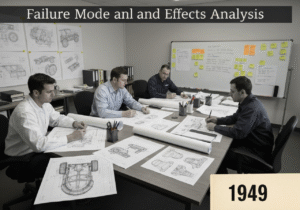


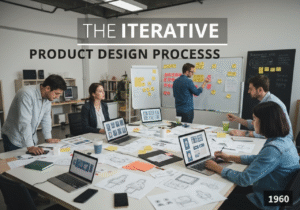
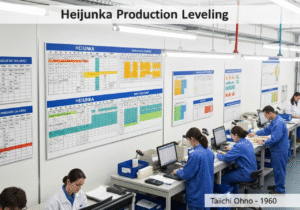

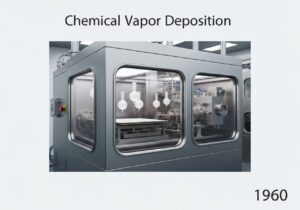


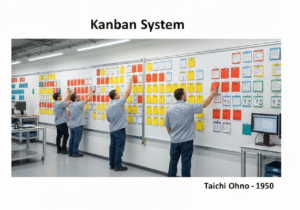



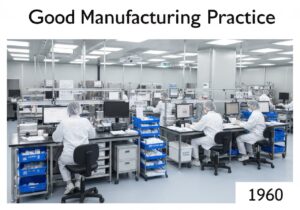

Post correlati
Questionari sul disagio muscoloscheletrico
Test multivariati (MVT)
Analisi di regressione multipla
Sistemi di cattura del movimento
Metodo MoSCoW
Test mediano dell'umore